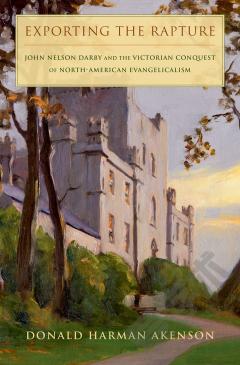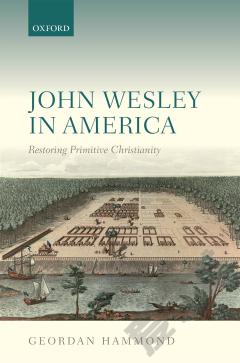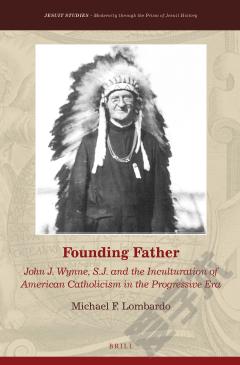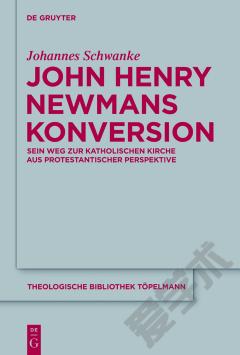Exporting the Rapture —— John Nelson Darby and the Victorian Conquest of North-American Evangelicalism
----- 输出的喜悦:约翰·纳尔逊·达比和维多利亚征服北美的福音主义
知识图谱网络
Exporting the Rapture documents for the first time how the complex theological construct of Dispensationalism was repackaged from its southern Irish roots into a system ideal for exporting to North America, where it became the distinguishing feature of the bestselling Scofield Bible. The influence of John Nelson Darby is highlighted.
{{comment.content}}








 京公网安备 11010802027623号
京公网安备 11010802027623号